Initially, we had thought of independent studies on audit and ICOR, but intellectual ventures often rework themselves, and this has happened to the present endeavor as well. A three part book has emerged, and without our having to establish linkages that would satisfy the discerning reader. Knowing that matters of efficiency of capital often get short shrift as much in operation as in the appraisal of performance by the management and auditor alike, the thrust on ICOR and audit simultaneously is not just logical but imperative. In a situation where managers entrusted with the task of maximising efficiency themselves do not bother too much about having to exclude the level of fulfillment of ICOR-related norms, it is not surprising that auditors, whether internal or external, do not deem it necessary to queer the pitch, as it as were, by dragging in issues concerning ICOR. We all must accept that profit is what really matters, but profit and good performance should not rest on fortuitous factors and financial innovations like currency arbitrage, credit derivatives and CDOs. Mangers and auditors should join hands in promoting efficient performance and side by side optimal utilization of capital as an essential yardstick of efficiency. The concluding part is an agenda for India farm inc. which is in conformity without overall thrust. Agriculture is one area, where globally nobody deems it right to demand efficient performance. From the United States to the European Union, Governments have problems asking farmers to produce more with less subsidy. Given its neglect of the essence of ICOR, the corporate sector is not really mindful of efficient utilisation of capital, but there is little doubt that notwithstanding such neglect, the corporate structure of management is better designed than personally run farms to optimise performance.
Towards Global Awareness and the Efficiency of Capital
In stock
Free & Quick Delivery Worldwide
Bibliographic information
Title
Towards Global Awareness and the Efficiency of Capital
Author
Edition
1st ed.
Publisher
Uppal Publishing House, 2009
ISBN
8176580503
Length
viii+276p.
Subjects

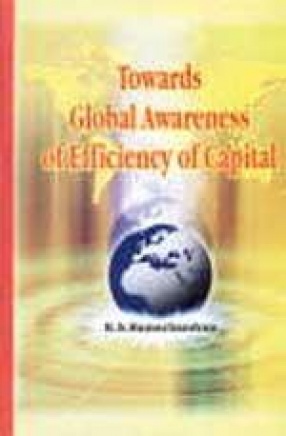
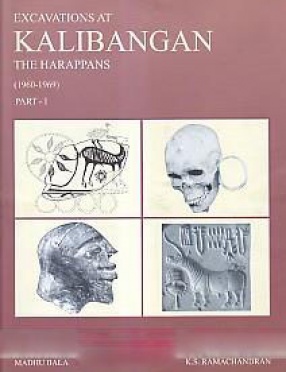
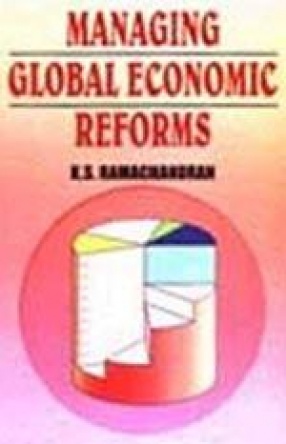
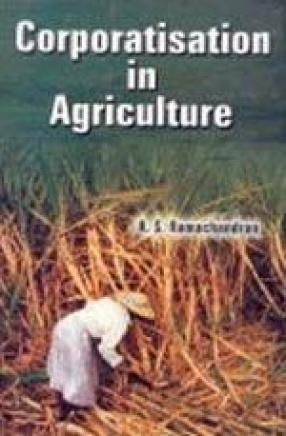
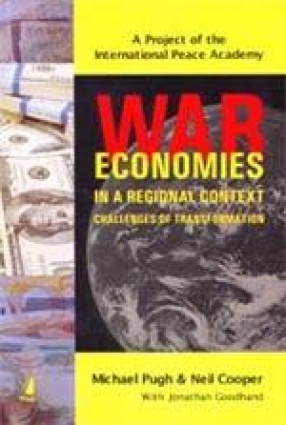
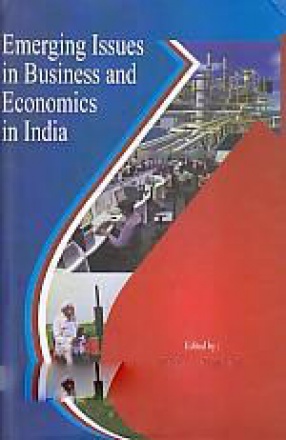
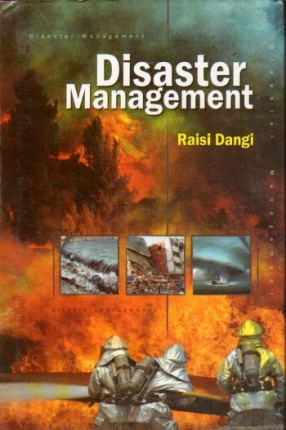
There are no reviews yet.